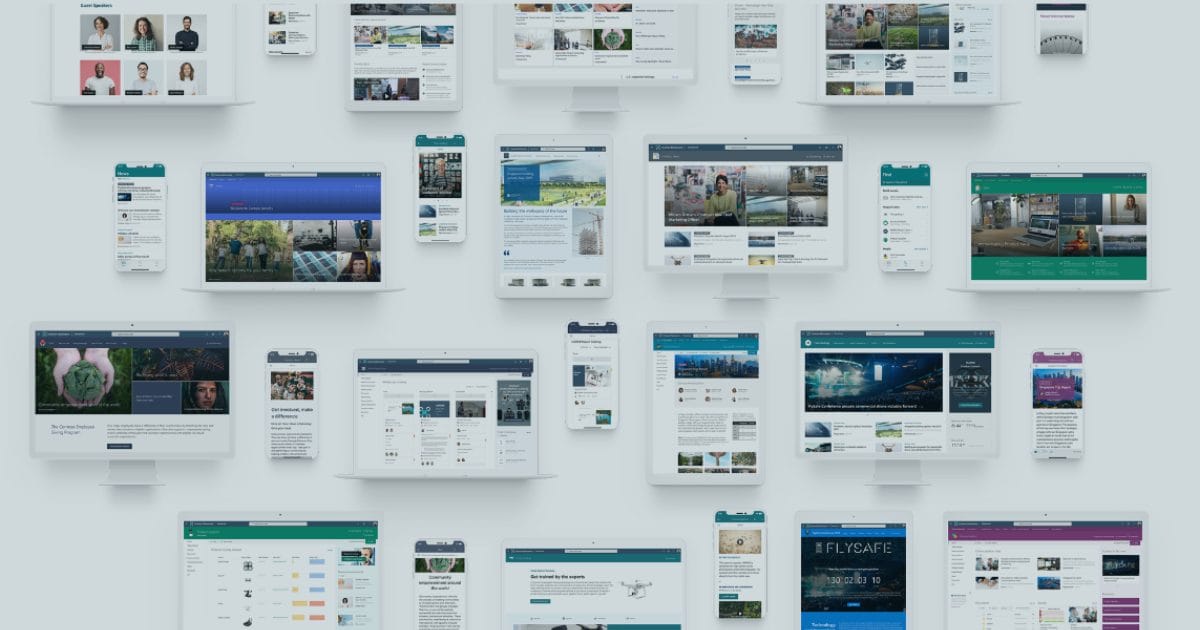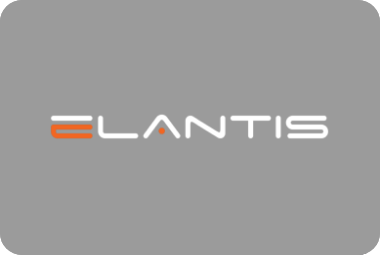Manufacturing businesses are faced with the challenge of replacing the InfoPath forms they once depended on in their operations, and the Microsoft Power Platform has proven to provide the most seamless solution to this challenge.
For many manufacturing organizations, InfoPath forms have been vital for capturing and sharing information, and soliciting data from employees, customers, and vendors. With InfoPath’s end of life, organizations are now faced with the challenge of replacing the InfoPath forms they once depended on in their operations. In addition, if you are planning a migration to SharePoint Online, InfoPath forms must be modernized as part of this effort.
Why Manufacturers Trust Microsoft Power Platform
Most organizations in the manufacturing industry depend on complex processes, supply chains, and large-scale data analysis in order to function. For many of these organizations, InfoPath forms have played an integral role in managing these operations; for manufacturers looking to transition away from InfoPath, there is a risk of technical debt hindering your digital transformation.
The Microsoft Power Platform provides a group of advanced applications that can reduce the technical debt of manufacturers that are dependent on InfoPath. The following use cases show how the Power Platform is the perfect new home for your InfoPath forms.
Power BI
Power BI helps manufacturers remain on the cutting edge of business intelligence, taking large amounts of data for mid-size and enterprise companies and providing solutions through AI-driven analysis.
Power BI provides a long list of templates to help manufacturers with industry-specific tasks. This means your information will always be leveraged to identify KPIs for processes like sales, supply chains, and financial assessments. The key benefit of Power BI is how it provides advanced data visualization, which has been proven to enhance creativity and problem-solving for organizations.
Power Apps
Power Apps provides a simple solution for app development, the gold-standard for the rising trend in low-code applications. With a growing list of Power Apps templates, manufacturing organizations can develop applications—including applications that are meant to function similar to InfoPath forms—so the app’s functionality is specifically tailored to the unique needs of the manufacturing industry.
Power Automate
With the vast amounts of data and complex workflows that a manufacturing organization requires to function, it is important to develop an automation strategy to limit the risk of human error. Power Automate allows manufacturers to embrace Business Process Automation.
As an example, process automation has proven to be a vital force in the energy sector, to automate process mapping and workflows in order to avoid future supply chain issues.
Through analysis of visualized data, development of specifically tailored applications, and optimized process automation, the Microsoft Power Platform supports manufacturing organizations that need to re-platform their InfoPath forms.
Elantis has a Microsoft Gold-certified team of business process automation experts that is here to help. If you’d like to learn more about how your organization can fully leverage the Microsoft Power Platform, join us for the App in a Day workshop on February 23, 2023. Spots are limited so register today!

























